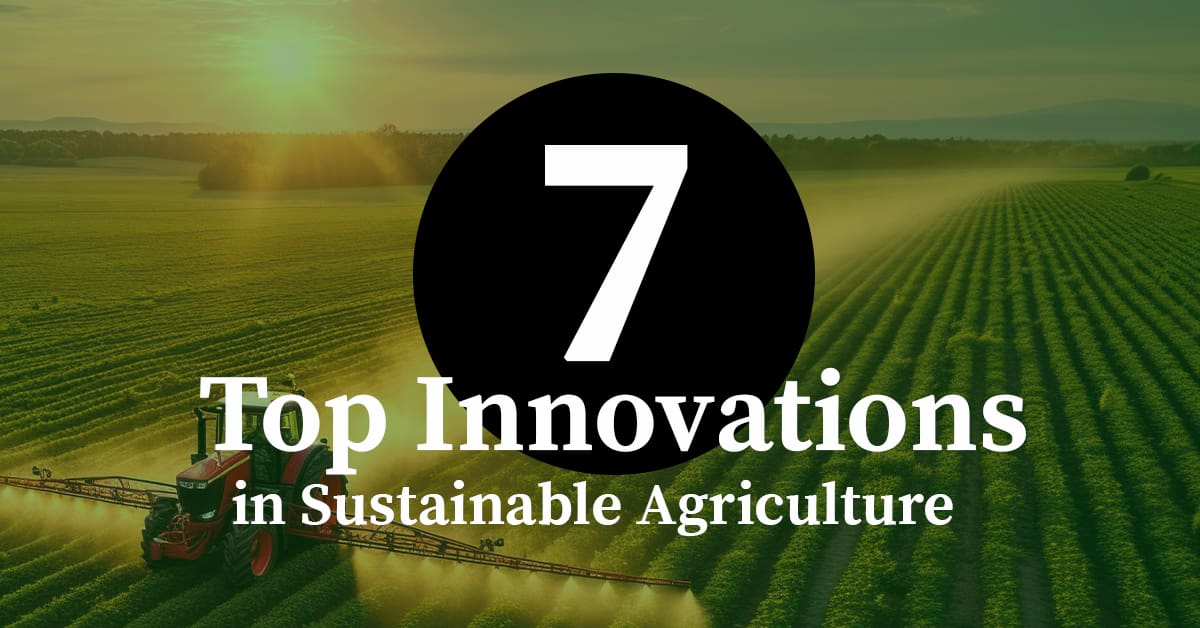The 2023 Annual Biocontrol Industry Meeting (ABIM) brought together a record-breaking crowd of 1,800 participants from 58 countries to discuss the latest developments, challenges and innovations shaping the biocontrol industry. The speakers and sessions highlighted novel strategies for enhancing the efficacy of biological control methods and stressed the importance of integrated pest management (IPM) approaches. The meeting provided a platform that fostered many insightful conversations and collaboration opportunities. Throughout the meeting, three key trends emerged.
1. Regulatory Advancements
The Sustainable Use Regulation (SUR) legislation, enacted in 2022 provides a definition of biocontrol to standardize practices across the EU. Key components of this legislation include:
- Legally binding targets to reduce the use and the risk of chemical and other hazardous pesticides by 50% by 2030.
- New measures to ensure that all farmers and other professional pesticide users practice Integrated Pest Management (IPM).
- A ban on all pesticides in sensitive areas, including green spaces like public parks or gardens, playgrounds, recreation or sports grounds and public paths.
Jennifer Lewis, IBMA (International Biocontrol Manufacturers Association) Executive Director called this legislation “a watershed moment for biocontrol in Europe.” By reducing the amount of chemical pesticides, biocontrols are uniquely positioned to fill the gap.
2. Sustainable Agriculture Practices
The SUR hopes to accelerate the transition to greater sustainability throughout the EU and likewise, a recent study INRAE, “European Pesticide-Free Agriculture in 2050” explores disruptive solutions with an ambitious objective: eliminate pesticides.
Eliminating pesticides completely requires a transformational paradigm shift from conventional agricultural practices. The integration of biological products into sustainable farming practices will aid in aligning global efforts toward climate-smart agriculture. While regulatory advances provide a platform for change, it’s imperative to have a coordinated and collaborative approach to the transition.
3. Digital Technologies in Biocontrols
Data-driven technologies, like artificial intelligence and precision agriculture are critical in optimizing on-farm strategies when incorporating biologicals into best management practices Additionally, IPM systems rely on consistent monitoring and data collection to transition from traditional chemistries to biologicals.
To comply with the SUR legislation and achieve the goal of being pesticide free by 2050, digital technologies must not only be adopted, but embraced by producers in Europe. As such, it is imperative to find the right partners to guide the process when shepherding in new technologies in the biocontrol sector.
Biocontrol solutions play a vital role in the transformation of plant protection and agricultural practices, which will ultimately contribute to more sustainable practices that produce greater yield. Reach out to AgriThority® to help you fully develop your new technology for this changing world.



